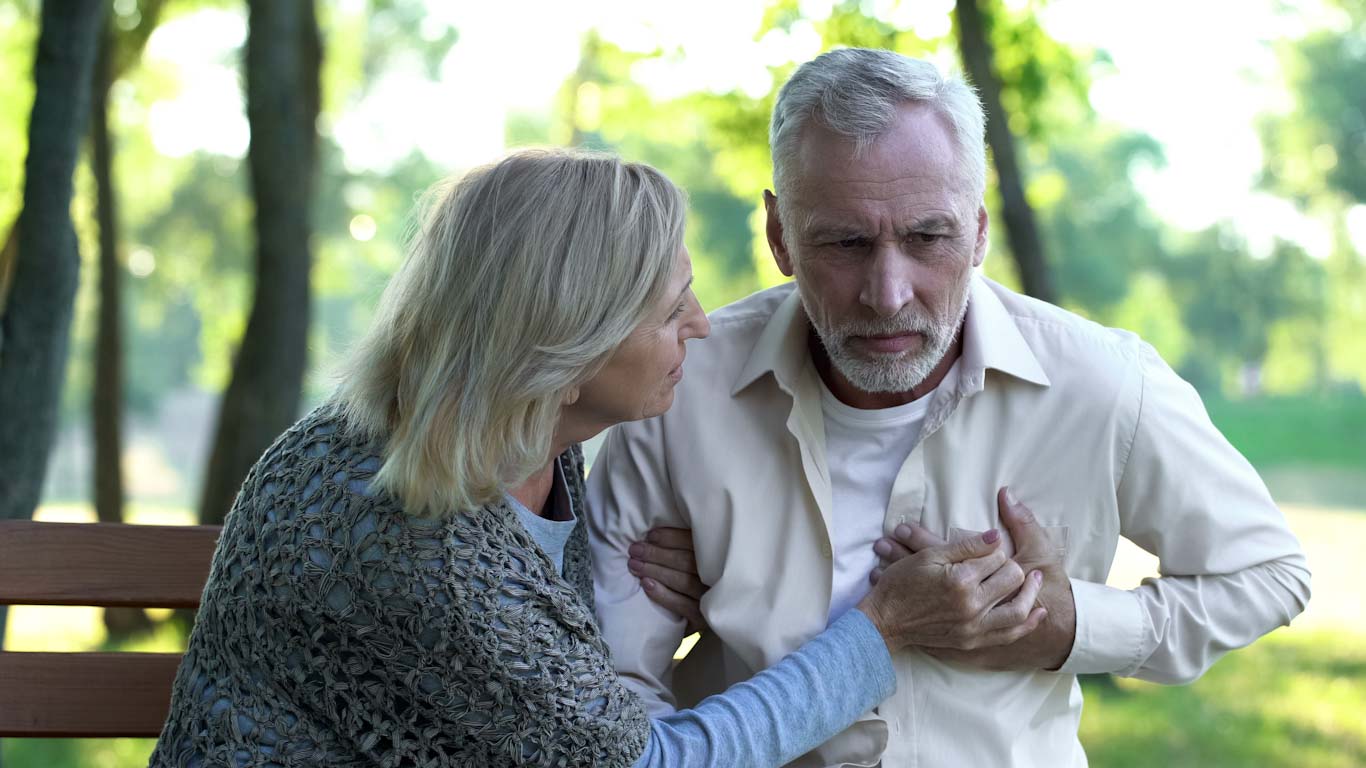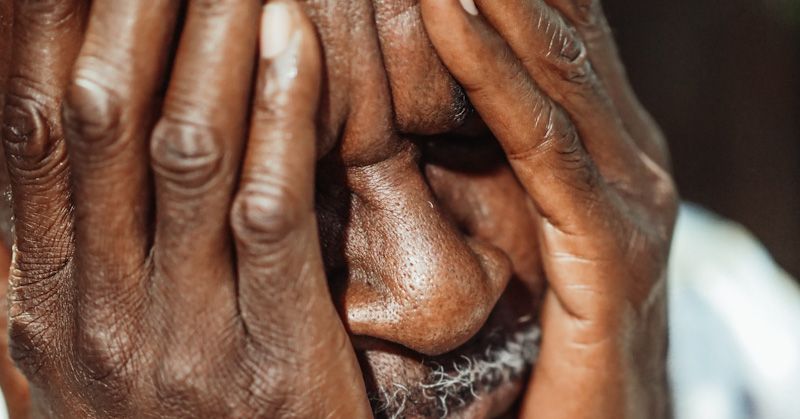Heart Attack Symptoms and Treatment


How to Look After Someone who has had a Heart Attack.
A heart attack occurs when the blood flow to the heart is blocked, usually by a buildup of cholesterol and other substances in the arteries that supply blood to the heart. This blockage can cause damage to the heart muscle, leading to chest pain, shortness of breath, and other symptoms. If not treated promptly, a heart attack can be life-threatening. It’s important to seek medical attention immediately if you or someone you know is experiencing symptoms of a heart attack.
The risk of having a heart attack increases with age, with most heart attacks occurring in people over the age of 45. Men are also at higher risk than women, although women’s risk increases after menopause. However, it’s important to note that heart attacks can occur at any age, even in people in their 20s and 30s, especially if they have risk factors such as smoking, high blood pressure, high cholesterol, diabetes, or a family history of heart disease. It’s important to maintain a healthy lifestyle and manage any underlying health conditions to reduce the risk of heart attack at any age.
The treatment for a heart attack usually involves restoring blood flow to the heart muscle as quickly as possible. This can be done through medications such as aspirin and clot-busting drugs, or through procedures such as angioplasty and stenting, where a balloon is used to open the blocked artery and a stent is placed to keep it open. In more severe cases, surgery such as bypass surgery may be necessary. Once blood flow is restored, medications such as beta-blockers and ACE inhibitors may be prescribed to help prevent future heart attacks. In addition to medical treatment, lifestyle changes such as quitting smoking, eating a healthy diet, and getting regular exercise can also help reduce the risk of future heart problems.
If you are looking after someone who has had a heart attack, it’s important to first make sure that they are receiving medical treatment from a healthcare professional. Once the person is stable and receiving treatment, there are a few things you can do to help them recover:
- Help them follow their medication regimen: Make sure they are taking their medications as prescribed by their doctor, and help them keep track of their appointments and follow-up care.
- Encourage healthy lifestyle changes: Encourage the person to adopt a heart-healthy diet, quit smoking if they smoke, and get regular exercise as recommended by their doctor.
- Provide emotional support: A heart attack can be a traumatic event, and it’s important to provide emotional support to the person as they recover. Listen to their concerns and fears, and encourage them to talk to their doctor or a counselor if necessary.
- Help them with daily activities: Depending on the severity of the heart attack, the person may need help with daily activities such as cooking, cleaning, and running errands. Offer to help out as needed.
- Learn CPR: Knowing how to perform CPR can be lifesaving in the event of another heart attack or cardiac arrest. Consider taking a CPR class to learn the proper techniques.
Remember to take care of yourself as well, and seek support from family, friends, or a support group if needed.


